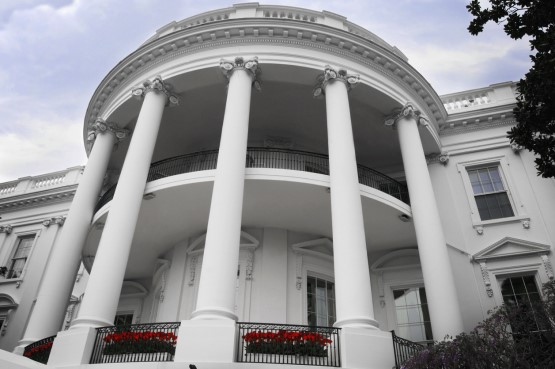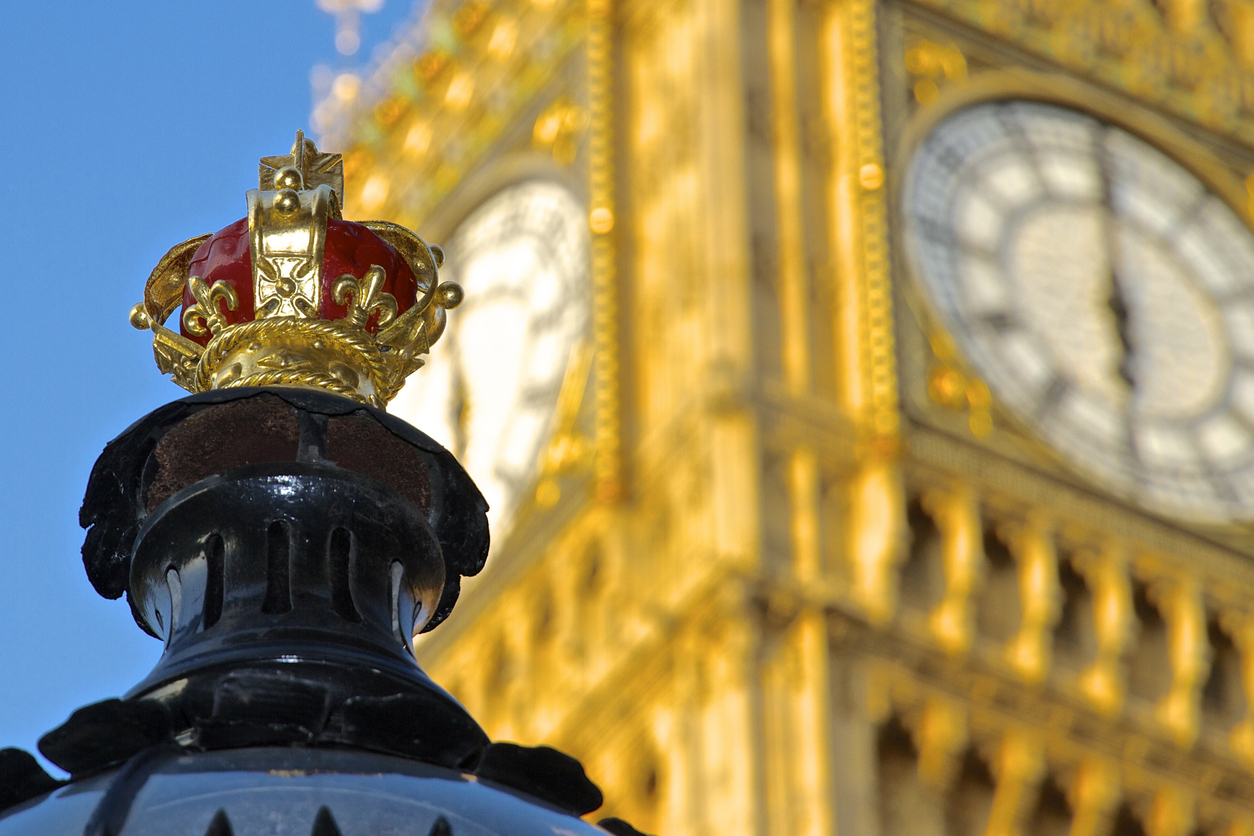German federal election
The German federal election on 23 February 2025 is a pivotal moment. The collapse of the three-party coalition has sparked intense debate, with Chancellor Olaf Scholz of the Social Democrats and Friedrich Merz of the Christian Democrats at the forefront. But they are not alone. The Greens, the pro-business Free Democrats, and the hard-right Alternative for Germany are all key players in this evolving race. Economic recovery, welfare reform, and Germany’s global role dominate the conversation. This election will shape not only Germany’s domestic future but also Europe’s broader political and economic landscape. With political fragmentation on the rise, coalition-building will be critical. The results will set the course for the years ahead.
Title
Introduction
On 23 February 2025, almost 60 million German voters will elect a new parliament in snap elections after the collapse of the governing coalition of Chancellor Olaf Scholz's Social Democrats (SPD) with the Greens (B90/Die Grünen) and the Liberals (FDP) in November 2024. A change of government with the participation of the Conservatives (CDU/CSU) and their lead candidate for Chancellor, Friedrich Merz, seems likely. In addition, a spin-off of the left party (BSW) will be a new party on the ballot, which has already entered government coalitions in two federal states. Polls show that the AfD will likely emerge from the elections as the strongest opposition party. All other parties have indicated not to enter a coalition with the right-wing party. Irrespective of who wins, a change in the political majorities in Germany is to be expected, which will also have an impact on European and international politics. Freshfields has the latest developments and positioning in view.
Understanding the German parliamentary system
German federal legislation is determined by the Federal Government, the parliament (Bundestag) and the federal council (Bundesrat).The Parliament is elected regularly, every four years, and the next parliament will consist of 630 members of parliament following an electoral reform. A party must receive at least five per cent of the second votes in order to enter the German Bundestag. Parliament is required to assemble within 30 days of the election, i.e. by the end of March. The Federal Council, representing the governments of the federal states, must consent to certain laws of the Bundestag or may raise objections to them.
Understanding the forming of a new government
After the Bundestag election, it is common practice for the party with the most votes to choose its negotiating partners for the formation of a coalition. In preliminary talks (Sondierungsgespräche), the rough lines of a joint government policy are explored. The exploratory paper (Sondierungspapier) marks the end of the exploratory phase and a decision is made as to whether coalition negotiations will be entered into. If the preliminary talks are concluded successfully, coalition negotiations are held. During these negotiations, working groups of the parties draw up the coalition agreement. The agreement also includes the distribution of the ministries. After the coalition negotiations have been concluded, party conferences of the parties must vote on entering into the coalition. After the coalition agreement has been signed, the federal chancellor is elected in the parliament. This is followed by the appointment of the ministers and state secretaries.
Election outcome overview
The parliamentary elections confirmed a predicted victory for the conservative CDU/CSU, albeit with weaker-than-expected results. It is likely that Friederich Merz will be elected as the next Chancellor. Both the governing Social Democrats, led by incumbent Chancellor Scholz, and their coalition partner, the Green Party, suffered losses and will have a significantly reduced presence in parliament. In a surprising development, the Left Party made strong gains and will remain in parliament, while the left-wing splinter group BSW and the liberal FDP failed to secure any seats.
Exploratory negotiations between the CDU/CSU and SPD are now expected to begin, followed by coalition talks.
For more information on the election results and the next steps, please see our Freshfields election outcome overview.






